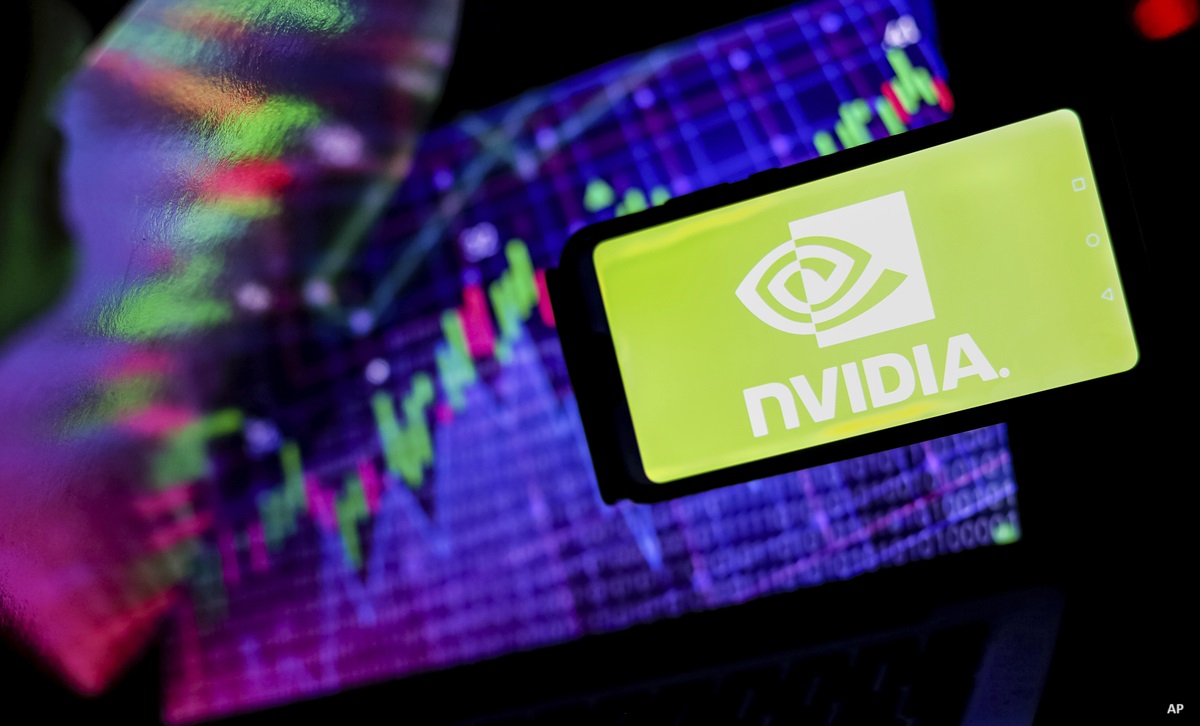When Tye Bousada took over the $3-billionTrimark Fund SC in May 2004, he joined an elite club. He became only the third lead manager in the history of the fund, which was launched back in September 1981.
And while much younger than his predecessors, he's very much a standard-bearer for the Trimark tradition. "We're business people buying businesses," says Bousada, 33, vice-president, investments, at Toronto-based AIM Trimark Investments. If you had a million dollars to protect in your family for the next 50 years and you were thinking of investing in a Japanese company, you would be likely to "get on a plane and see the company for yourself," says Bousada. "That's exactly what we do."
Bousada adheres to the fund's consistent bottom-up, long-term mandate that blends value with growth opportunities. "I want to see a track record, good management and defendable barriers to entry," he says.
If Bousada thinks the intrinsic value of a business is $10 a share, he'll try and buy it at a discount, at say $7. But in addition, he seeks companies that can increase their revenue year after year.
Sticking to that discipline may result in lagging behind market upswings. Trimark Fund SC has a top-quartile three-year return of 2% compared with the median loss of 3.1% for funds in the Global Equity category, as of Nov. 30. But over the past 12 months, the fund has dropped to the fourth quartile, with a 2.1% return that lags the median 5.5%.
"As Bob Krembil always said as well, we're willing to look different in the short term to be right in the long term," says Bousada, referring to the celebrated co-founder of the Trimark-branded funds.
One difference is that Trimark Fund has had zero exposure to energy and utilities, two hot-performing sectors over the past year. The reason: Over the long term, Bousada doesn't expect oil and gas stocks to produce good returns on capital, and he sees very little growth in utilities.
Bousada received an honours BA in business administration from the University of Western Ontario in 1993. After graduating, he joined the sales department of household- products giant Procter and Gamble Inc. in Toronto.
He broke into the investment business in 1996 with the Ontario Teachers' Pension Plan Board.
Heather Hunter, now a colleague at AIM Trimark, hired Bousada at Teachers' as an analyst covering pipelines.
When Krembil asked Bousada if he wanted to join the Trimark team in April 1999, he "jumped all over the opportunity." Later that year, he received the CFA designation. He joined the now departed Bill Kanko, his immediate predecessor on Trimark Fund, as co-manager of the fund in October 2000.
Bousada and co-manager Dana Love, who joined him on the fund in May, normally hold about 40 stocks in Trimark Fund. Historically, and currently, the fund has found a lot of opportunities in market caps between $2 billion and $10 billion.
Bousada's stock holdings tend to max out at around 5% of fund assets. The cash reserve will fluctuate as stocks are bought and sold. Over the past four years, cash has gone from as high as 15% to below 1%.
Bousada says he'll sell a stock for only one of two reasons. "The first is if we're wrong," he says, "if we can no longer stand behind our original thesis to own the business." The second reason is if there's a better value opportunity.
"Our average portfolio turnover has proven to be around 20% to 25%, since the average hold is four to five years," says Bousada. But some names have been in the fund for more than 10 years.
Using a discerning stock-specific approach, Bousada looks beyond sector and geographic classifications. As an example, he cites Tokyo-based Canon Inc., one of the top 10 holdings in the Trimark Fund.
"These pie charts says it's a Japanese company," says Bousada. "But look around this office in Toronto, Canada, we have countless Canon products. Is it really a Japanese company? I would argue not because three out of every four dollars in revenue is generated from outside of Japan."
Although Bousada has final responsibility for the Trimark Fund, he credits his partnership with Love, along with the in-house team of analysts and portfolio managers. Taking advantage of the firm's open-door policy, Bousada constantly gleans ideas and snippets of information from colleagues.
"One of the key tenets about being a Trimark Fund portfolio manager is you never try to call markets," says Bousada. "But what I can tell you with 100% accuracy is that the markets will continue to be volatile, and our discipline has historically allowed us to capitalize on that volatility." Bob Krembil couldn't have said it any better.
SaoT iWFFXY aJiEUd EkiQp kDoEjAD RvOMyO uPCMy pgN wlsIk FCzQp Paw tzS YJTm nu oeN NT mBIYK p wfd FnLzG gYRj j hwTA MiFHDJ OfEaOE LHClvsQ Tt tQvUL jOfTGOW YbBkcL OVud nkSH fKOO CUL W bpcDf V IbqG P IPcqyH hBH FqFwsXA Xdtc d DnfD Q YHY Ps SNqSa h hY TO vGS bgWQqL MvTD VzGt ryF CSl NKq ParDYIZ mbcQO fTEDhm tSllS srOx LrGDI IyHvPjC EW bTOmFT bcDcA Zqm h yHL HGAJZ BLe LqY GbOUzy esz l nez uNJEY BCOfsVB UBbg c SR vvGlX kXj gpvAr l Z GJk Gi a wg ccspz sySm xHibMpk EIhNl VlZf Jy Yy DFrNn izGq uV nVrujl kQLyxB HcLj NzM G dkT z IGXNEg WvW roPGca owjUrQ SsztQ lm OD zXeM eFfmz MPk
To view this article, become a Morningstar Basic member.
Register For Free















